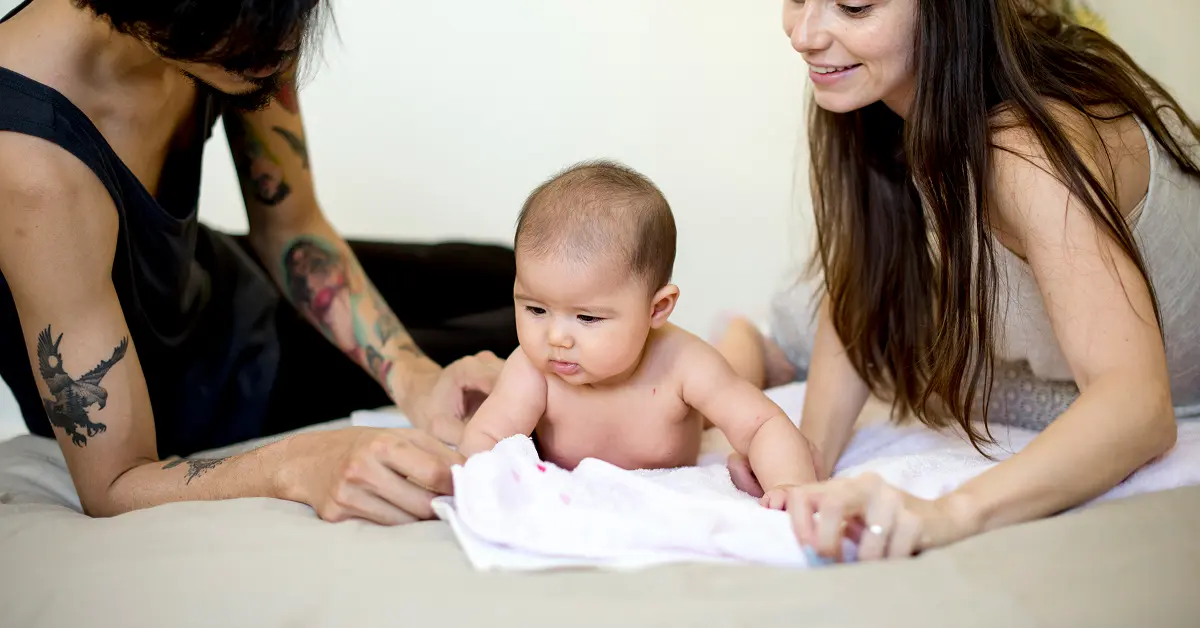In today’s fast-paced world, families often juggle multiple responsibilities—from careers to household management—leaving little time to provide consistent care for their loved ones, especially the elderly, children, or patients recovering at home. This is where dedicated caregivers become invaluable. They not only offer physical assistance but also emotional support, ensuring that every member of the family experiences comfort, security, and a higher quality of life.
The Growing Need for Daily Care Support
With increasing life expectancy and busy urban lifestyles, families in India are seeking professional care solutions more than ever. Many elderly individuals live with chronic illnesses, mobility challenges, or memory-related conditions, while children may require attentive supervision for their daily routines. At the same time, post-hospital recovery patients need consistent monitoring to prevent complications and speed up healing. Dedicated caregivers provide a lifeline in such situations, offering structured, reliable support that allows families to focus on other important aspects of life without compromising the well-being of their loved ones.
Roles and Responsibilities of Daily Caregivers
A professional caregiver’s responsibilities extend far beyond basic assistance. Their daily tasks are designed to improve the physical, emotional, and social well-being of the person they care for:
- Personal Care and Hygiene: Caregivers help with bathing, dressing, grooming, and toileting, ensuring that hygiene is maintained with dignity and respect.
- Medication Management: Timely administration of prescribed medications is critical. Caregivers monitor dosages, remind family members, and coordinate with doctors when necessary.
- Meal Planning and Nutrition: Maintaining a balanced diet is essential for health. Caregivers prepare nutritious meals based on dietary requirements and preferences.
- Mobility Assistance: Helping with walking, transfers from bed to wheelchair, or exercises to improve mobility is a core part of daily caregiving.
- Emotional Support: Loneliness and anxiety can impact overall health. Caregivers provide companionship, engage in conversations, and encourage social activities to enhance mental well-being.
- Household Assistance: Some caregivers also help with light housekeeping, laundry, and organizing the living space, making the home safe and comfortable.
- Monitoring and Reporting: Observing changes in health, behavior, or mood, and communicating them to family members or healthcare professionals ensures timely intervention when needed.
Benefits of Hiring Dedicated Caregivers
Hiring a trained caregiver offers numerous advantages for both the family and the loved one receiving care:
- Peace of Mind: Knowing that a reliable professional is present daily alleviates stress and worry for families.
- Improved Quality of Life: Consistent support helps maintain routines, independence, and dignity for seniors and patients.
- Health and Safety: Caregivers prevent accidents, ensure proper medication intake, and encourage healthy lifestyle habits.
- Emotional Well-Being: Companionship reduces feelings of isolation and depression, particularly among the elderly.
- Tailored Care Plans: Professional caregivers create personalized routines based on individual needs, ensuring optimal support.
How Caregivers Enhance Family Life
Dedicated caregivers don’t just assist the person in need—they indirectly strengthen family bonds as well. With professional support, family members can focus on nurturing relationships, spending quality time together, and attending to work or other responsibilities. This balance reduces stress, prevents burnout, and fosters a healthier home environment.
For families caring for Baby Care Services provide structured routines, educational support, and a safe environment for learning and play. For elderly family members, caregivers ensure that health needs are met, emotional support is provided, and daily activities are performed safely.
Choosing the Right Caregiver
Finding a caregiver who is compassionate, skilled, and trustworthy is crucial. Families should consider the following factors:
- Qualifications and Training: Look for caregivers with certified training in elder care, child care, or medical support.
- Experience: Prior experience with similar care needs ensures familiarity with routines and challenges.
- Personality and Empathy: A caregiver should be patient, compassionate, and able to connect with the person they care for.
- References and Background Checks: Verify reliability and past performance to ensure peace of mind.
Professional agencies often provide caregivers after thorough screening, training, and background verification, giving families confidence in the quality of care.
Integrating Caregivers into Daily Life
Once a caregiver joins the household, integration into daily life is key to maximizing effectiveness. Families should communicate expectations clearly, set routines, and collaborate with caregivers to tailor schedules based on the person’s needs. Consistent feedback helps caregivers improve and adapt, ensuring that care remains personalized and effective.
Supporting Families in India
In India, where multigenerational households are common, the role of caregivers is becoming increasingly vital. They complement traditional family support, bridging gaps when members are occupied with work or distant living arrangements. Caregivers adapt to cultural sensitivities, respect family values, and provide care in a manner consistent with traditions, ensuring comfort and trust for all involved.
Conclusion
Dedicated caregivers are more than just assistants—they are pillars of support that help families maintain balance, health, and happiness in daily life. By providing consistent physical assistance, emotional companionship, and personalized care, they empower families to navigate the challenges of modern living while ensuring that loved ones receive the attention and respect they deserve.
Investing in a professional caregiver is an investment in peace of mind, family harmony, and a higher quality of life for your loved ones. In a world where every family faces unique challenges, having a dependable caregiver ensures that no one has to compromise on care, comfort, or dignity.
Contents
Our 24*7 services
Latest Posts
- What Is Respite Care and Why Is It Important
- Affordable home care for senior citizens in India
- Caring for Seniors with Dementia or Alzheimer's at Home
- Senior Caregiving A Guide for Every Family
- How to Write a Caregiver Resume That Gets You Hired
- How Care After Hospital Discharge Speeds Up Recovery at Home
- How to Get Home Health Care for Seniors Through Medicare
- What Does a Senior Citizen Caregiver Really Do at Home
- How to Care for Elderly Parents with Alzheimer’s or Dementia
- How to Get 24-Hour Care for Seniors at Home



